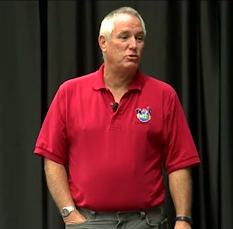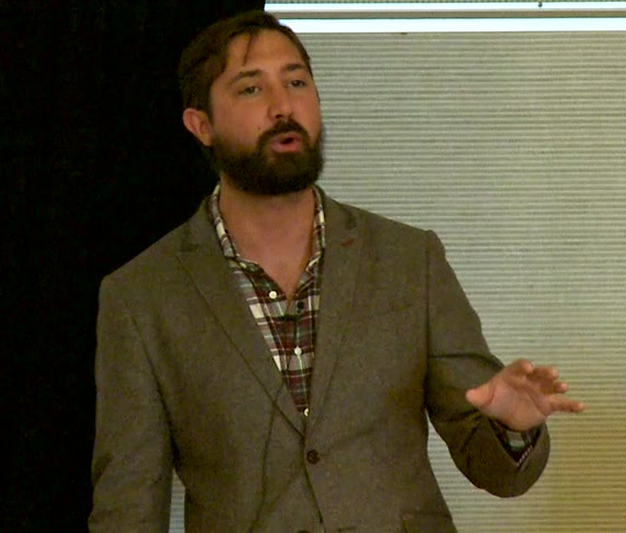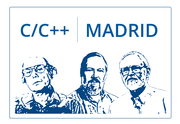Quick Q: Calling C++ Application Code from C library?
Quick A: You need to create a stub.
Recently on SO:
Calling C++ Application Code from C library?
Folks, Assuming I have a c++ application / library running which implements say
/* Alloc API */ void* my_alloc(int size) { return malloc(sizeof(size)); }This is not under "extern c".
I have a C dynamic library from which I need to call my_alloc, can I directly call that API?
Like,
int test_my_alloc (int size) { int *x; x = (int*)my_alloc(size); if (x == NULL) { return 0; } else { return 1; } }

 While we wait for CppCon 2015 in September, we’re featuring videos of some of the 100+ talks from CppCon 2014. Here is today’s feature:
While we wait for CppCon 2015 in September, we’re featuring videos of some of the 100+ talks from CppCon 2014. Here is today’s feature: While we wait for CppCon 2015 in September, we’re featuring videos of some of the 100+ talks from CppCon 2014. Here is today’s feature:
While we wait for CppCon 2015 in September, we’re featuring videos of some of the 100+ talks from CppCon 2014. Here is today’s feature: On Thursday the 26th of March at Tuenti's HQs in Madrid, Spain.
On Thursday the 26th of March at Tuenti's HQs in Madrid, Spain. Hot off kukuruku:
Hot off kukuruku: While we wait for CppCon 2015 in September, we’re featuring videos of some of the 100+ talks from CppCon 2014. Here is today’s feature:
While we wait for CppCon 2015 in September, we’re featuring videos of some of the 100+ talks from CppCon 2014. Here is today’s feature: